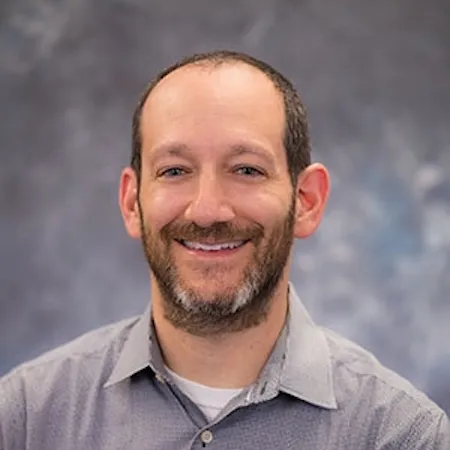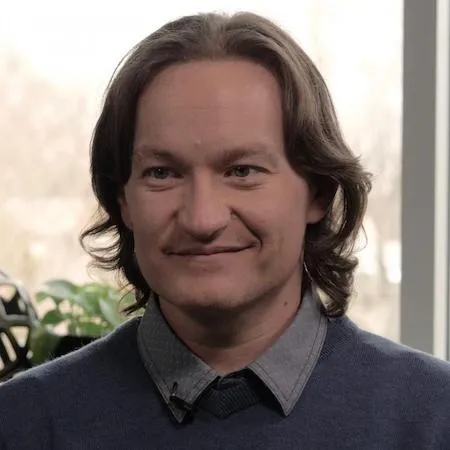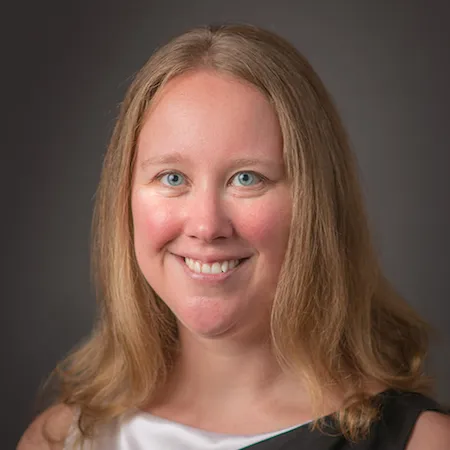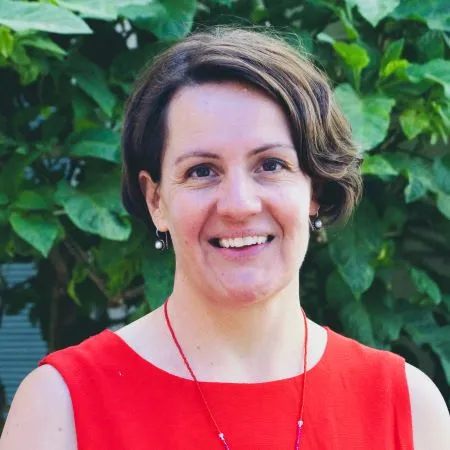This is a closed workshop designed for SESYNC Postdoctoral Fellows.
The Immersion Program centers around a series of collaborative workshops led by Immersion Distinguished Scholars. These workshops are designed to immerse participants in theories and methods foundational to understanding current environmental challenges and their underlying socio-environmental systems.
Presenters

David Kaplan
Dr. David Kaplan is an Associate Professor in the Department of Environmental Engineering Sciences within the Engineering School of Sustainable Infrastructure and Environment at the University of Florida (UF) and Director of the H.T. Odum Center for Wetlands. Research in Dr. Kaplan’s Watershed Ecology Lab (www.watershedecology.org) focuses on linkages among the hydrological cycle, ecosystem processes, and human activities, with the goal of advancing natural resources conservation and management. He has worked extensively with water and environmental management agencies to tie hydrological...

David Kaplan
Dr. David Kaplan is an Associate Professor in the Department of Environmental Engineering Sciences within the Engineering School of Sustainable Infrastructure and Environment at the University of Florida (UF) and Director of the H.T. Odum Center for Wetlands. Research in Dr. Kaplan’s Watershed Ecology Lab (www.watershedecology.org) focuses on linkages among the hydrological cycle, ecosystem processes, and human activities, with the goal of advancing natural resources conservation and management. He has worked extensively with water and environmental management agencies to tie hydrological modeling to ecological outcomes, predict restoration effects, and guide water management decision-making. Dr. Kaplan is a 2017 UF Water Institute Early Career Faculty Fellow, a 2017 UF Term Professor, and an organizing member of the NSF-funded Amazon Dams Network.

Brian Chaffin
Dr. Brian Chaffin is an Assistant Professor in the W.A. Franke College of Forestry & Conservation at the University of Montana. His teaching and research focus on complex questions of water policy and governance, including the emerging realities of administering systems of prior appropriation water rights in a changing climate. A human geographer by training, Brian leverages theories of complex systems with an application of mixed social science research methods to better understand how informal aspects of water governance (e.g., social norms and collaborative networks) influence social...

Brian Chaffin
Dr. Brian Chaffin is an Assistant Professor in the W.A. Franke College of Forestry & Conservation at the University of Montana. His teaching and research focus on complex questions of water policy and governance, including the emerging realities of administering systems of prior appropriation water rights in a changing climate. A human geographer by training, Brian leverages theories of complex systems with an application of mixed social science research methods to better understand how informal aspects of water governance (e.g., social norms and collaborative networks) influence social-hydrologic outcomes on the landscape. Heworks closely with ecologists and hydrologists in a focused effort to span boundaries between disciplinary science, interdisciplinary synthesis, and environmental decision making. His research spans both urban and rural settings and is funded through grants from the National Science Foundation and NASA.

Tara Troy
Dr. Tara Troy's research group studies how hydrologic processes are impacted by climate and human activities, which encompass water use, land cover changes, and infrastructure. She joined Lehigh University as an Assistant Professor in the Department of Civil & Environmental Engineering in September 2013. Prior to joining Lehigh, she was an Associate Research Scientist at the Columbia Water Center in the Earth Institute at Columbia University, with research focusing on water resources sustainability and flood modeling. She received her PhD from Princeton University in 2010, where her doctoral...

Tara Troy
Dr. Tara Troy's research group studies how hydrologic processes are impacted by climate and human activities, which encompass water use, land cover changes, and infrastructure. She joined Lehigh University as an Assistant Professor in the Department of Civil & Environmental Engineering in September 2013. Prior to joining Lehigh, she was an Associate Research Scientist at the Columbia Water Center in the Earth Institute at Columbia University, with research focusing on water resources sustainability and flood modeling. She received her PhD from Princeton University in 2010, where her doctoral research explained why observed historical trends in northern Eurasian streamflow were occurring through quantifying the water and energy budgets.
Dr. Simone Pulver is an Associate Professor of Environmental Studies and Director of the Environmental Leadership Incubator at the University of California, Santa Barbara, where she leads a research and teaching team that investigates patterns in the environmental impacts of business, what drives those patterns, and how those drivers might be transformed. Her interdisciplinary research integrates perspectives from organizational theory, environmental and economic sociology, and global governance. She holds graduate degrees in sociology and energy and resources from the University of California...
Dr. Simone Pulver is an Associate Professor of Environmental Studies and Director of the Environmental Leadership Incubator at the University of California, Santa Barbara, where she leads a research and teaching team that investigates patterns in the environmental impacts of business, what drives those patterns, and how those drivers might be transformed. Her interdisciplinary research integrates perspectives from organizational theory, environmental and economic sociology, and global governance. She holds graduate degrees in sociology and energy and resources from the University of California, Berkeley, and an undergraduate degree in physics from Princeton University. Simone has engaged with SESYNC since 2014 in a range of roles. She served twice as a Distinguished Faculty Mentor for the Postdoctoral Immersion Program, and she was in residence at SESYNC in the Spring of 2016 as a Faculty Sabbatical Fellow. She is also co-leader of a SESYNC-funded book workshop and project, titled Foundations of Socio-Environmental Research: Legacy readings with commentaries, forthcoming from Cambridge University Press.
External Links:
https://www.es.ucsb.edu/index.php/people/simone-pulver
